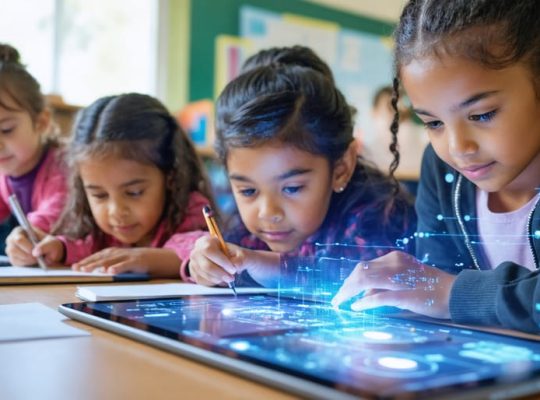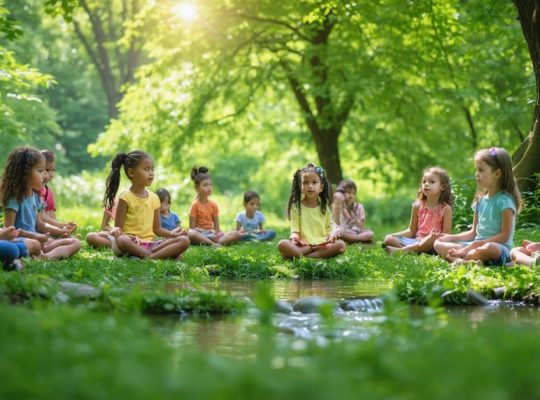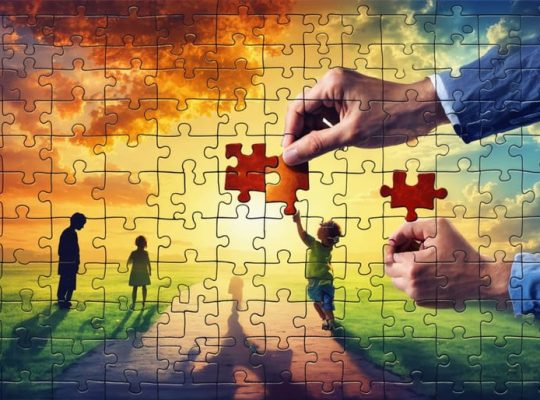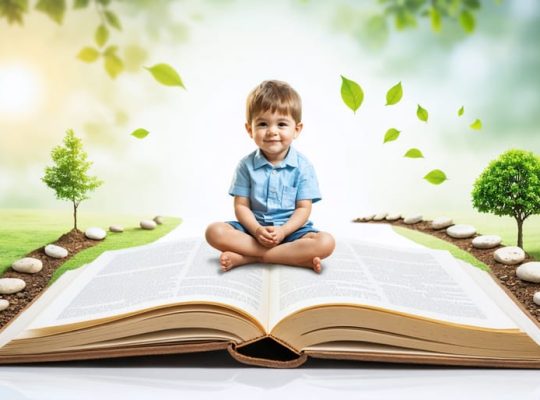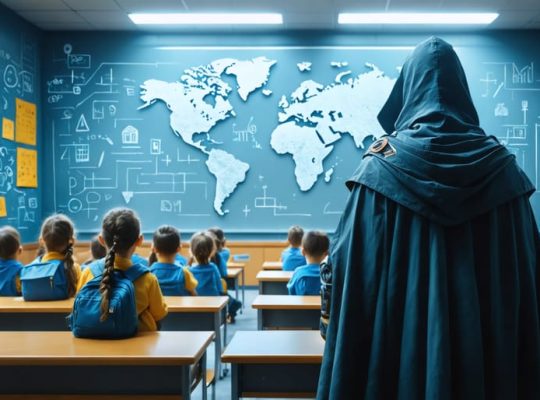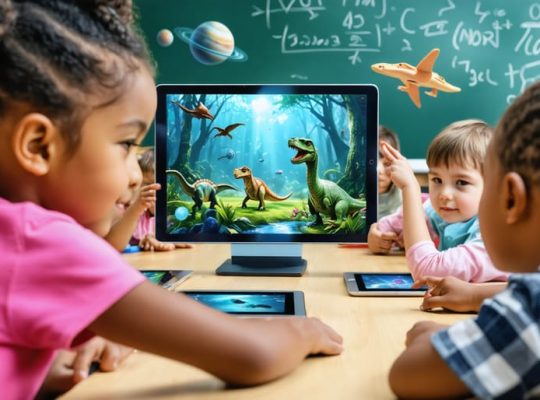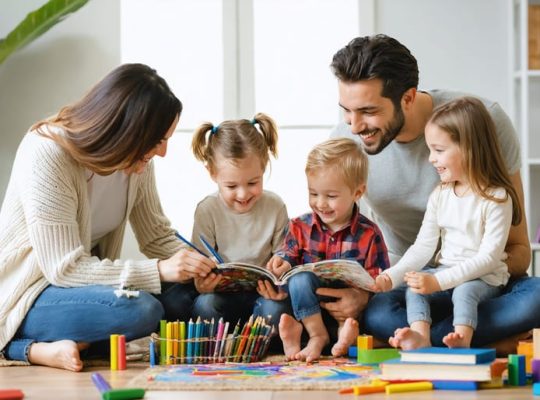How AI is Reshaping Your Child’s Learning Experience (What Parents Need to Know)
Artificial intelligence is revolutionizing education in ways that both excite and concern parents and educators. As AI’s impact on digital learning continues to grow, we’re witnessing a fundamental shift in how children learn, interact with information, and develop critical thinking skills.
In classrooms across the globe, AI-powered tools are personalizing learning experiences, providing instant feedback, and helping teachers identify students’ unique needs with unprecedented precision. Yet this technological …

